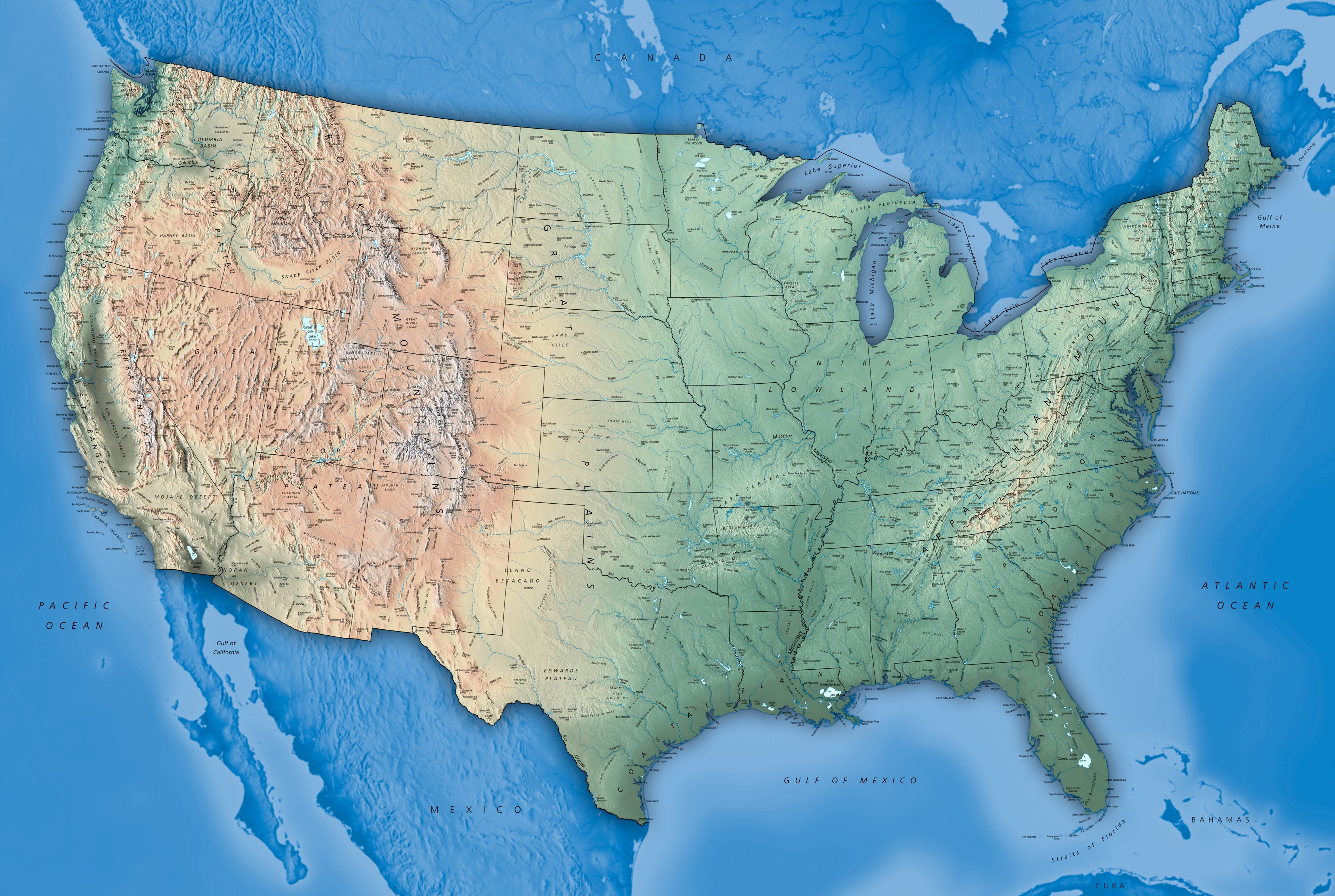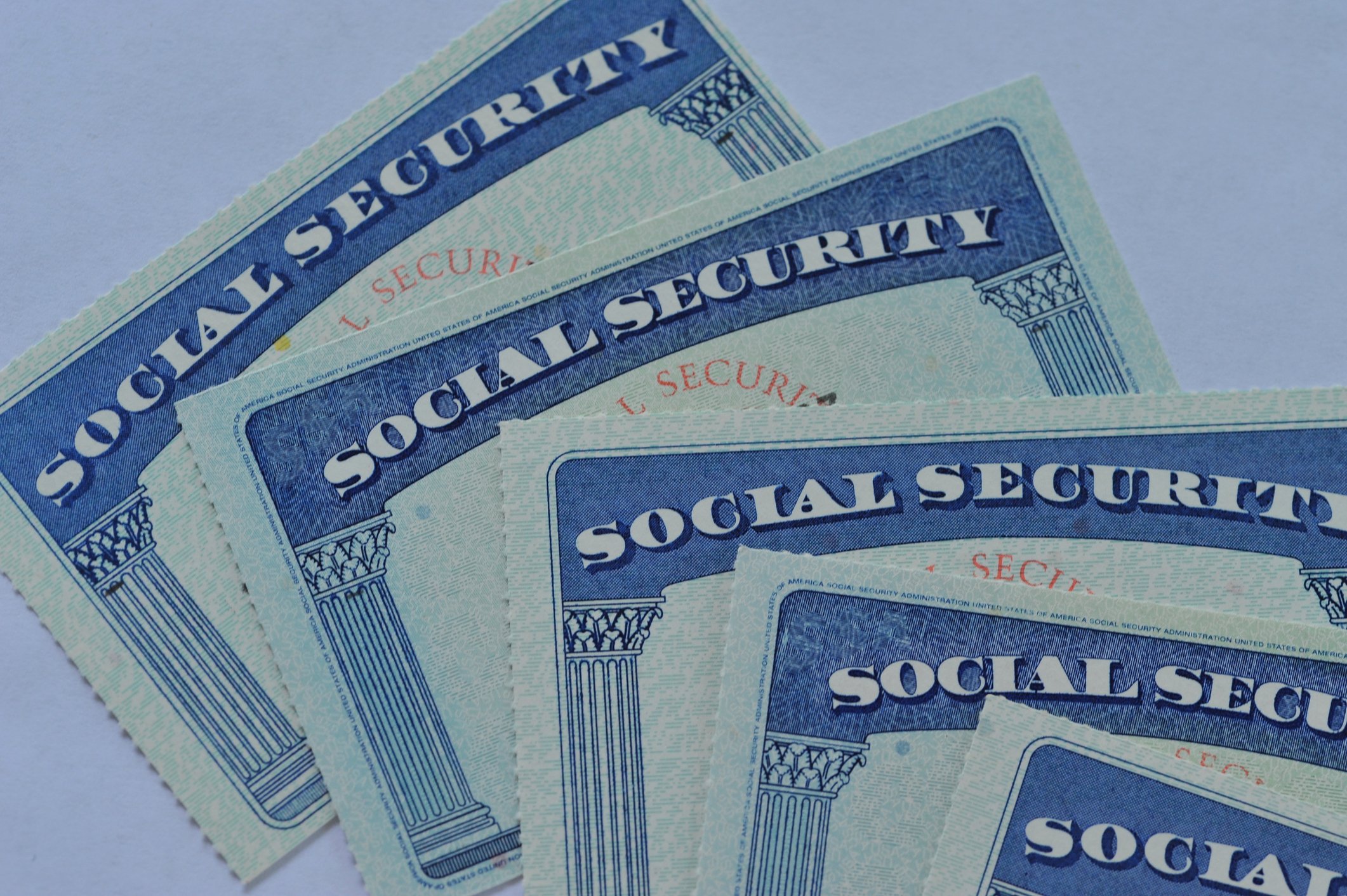No matter your lifestyle or income level, it's critical to start saving for retirement as early on in your career as possible. The more time you give your money to grow, the greater your chances of amassing a substantial nest egg. The question is: Which type of retirement savings plan is right for you?
In fact, you may be torn between a front-loaded retirement account and a back-loaded account. Not sure what the difference is between the two? It all boils down to when you end up paying taxes on your money. With a front-loaded account, such as a traditional IRA, the money you contribute goes in tax-free, but withdrawals are taxed in retirement. With a back-loaded account, like a Roth IRA, the money you contribute is taxed, but withdrawals in retirement are taken tax-free. Each option has its own set of advantages and drawbacks, and so it pays to understand these pros and cons when deciding where to house your retirement funds.

IMAGE SOURCE: GETTY IMAGES.
Front-loaded retirement accounts
If you opt for a front-loaded retirement plan, like a traditional IRA, you'll get to lower your tax burden immediately. That's because contributions are tax-deductible, and your savings will be based on your effective tax rate. For example, if you fund a traditional IRA with $5,000 and typically lose 25% of your income to taxes, you'll shave $1,250 off your tax bill up front. Your account will then get to grow on a tax-deferred basis so that as the investments in your account earn money, you won't pay capital gains taxes year after year.
There is a drawback, though. Once you reach retirement and start taking withdrawals, those distributions will be taxed as ordinary income. This means that as a senior, you'll need to factor taxes into your budget, as the money in your account won't be yours to use in full.
Furthermore, traditional or front-loaded retirement accounts are subject to required minimum distributions, or RMDs, which means that once you turn 70 1/2, you'll be forced to start drawing down your balance. Now for many seniors, this isn't a problem, as they tend to need the money anyway by that point. But if that's not the case for you, then those RMDs will create an automatic tax liability you may have otherwise avoided.
Back-loaded retirement accounts
If you go with a back-loaded retirement plan, like a Roth IRA, you won't get an immediate tax break for contributing to it. On the other hand, the money in your account will get to grow on a tax-free basis, and once you start taking withdrawals in retirement, those distributions will be yours to keep in full. You won't ever have to pay taxes on that money again once it's in your account.
Additionally, you won't have to worry about RMDs, which means that if you don't end up needing the money once you're older, you can let it sit and grow indefinitely. You can also consider leaving some or all of it behind to your heirs, if your financial circumstances allow for it.
There is a catch, though. If you earn too much money, you won't be eligible to open a Roth IRA directly. You can, however, fund a traditional IRA and then convert it into a Roth by paying taxes on the sum you move over.
Which account is right for you?
If you're not sure whether to save in a front-loaded retirement account versus a back-loaded account, you may want to ask yourself when you think your tax rate will be at its highest. If you're convinced you'll be in a higher tax bracket during your working years than in retirement, then you might lean toward a front-loaded account, because you'll get the tax break when you need it the most. On the flip side, if you expect to be in a higher tax bracket during retirement, then it makes more sense to choose a back-loaded account and pay your taxes now.
Another thing to consider is that while we know what tax brackets look like today, there's no telling how they'll evolve over time. A back-loaded account allows you to essentially lock in your present tax rate, thus protecting you from a major hike in the future.
Remember, when it comes to picking a retirement account, there's really no right or wrong answer. Just be sure to weigh the advantages and pitfalls of each plan type before making your decision.





